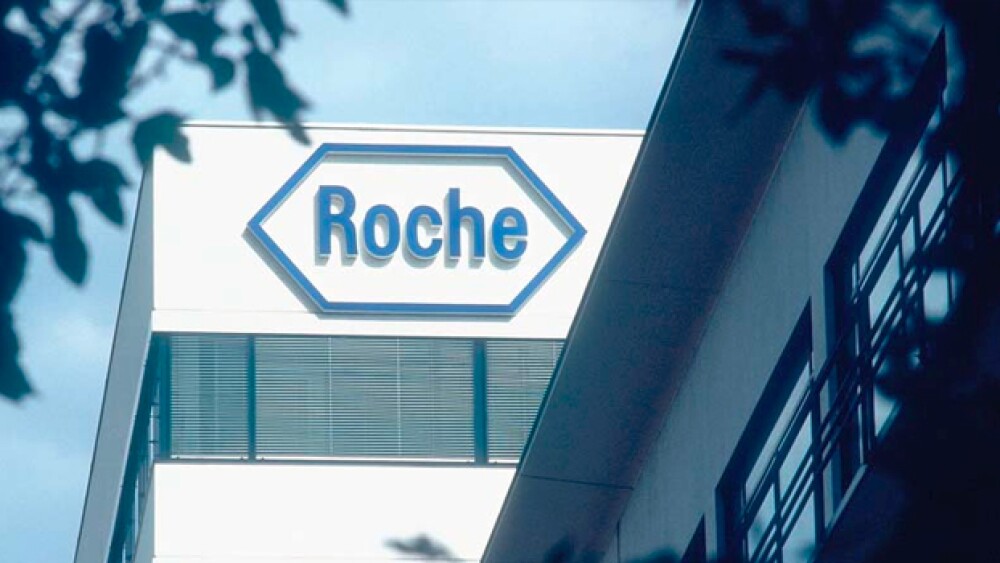Only a matter of days after Roche filed its second-quarter financial report, it’s had plenty of news to report.
Only a matter of days after Roche filed its second-quarter financial report, it’s had plenty of news to report. First up, the U.S. Food and Drug Administration (FDA) approved its cobas HPV Test for first-line screening for cervical cancer in women 25 and older. The diagnostic test uses cervical specimens collected in SurePath preservation fluid, which is often used for Pap tests.
It is currently the only Human Papillomavirus (HPV) test approved to be used as a first-line test for both SurePath and ThinPrep PreservCyt Solution, the two most commonly used liquid media for Pap or HPV tests in the U.S. Nasdaq notes, “With this FDA decision, the cobas HPV Test is now approved for all of the cervical cancer screening indications that are supported by professional society guidelines for primary screening in women 25 and older, reflex (follow-up) testing of unclear Pap test results in women 21 and older and co-testing with a Pap test in women 30 and older with both of the primary collection media types.”
Roche also purchased additional shares in Foundation Medicine. On June 19, the two companies announced a merger deal, where Roche would acquire outstanding shares of FMI’s common stock that Roche didn’t already own at a price of $137 per share. That made for a total transaction value of $2.4 billion (U.S.) and a total company value of $5.3 billion (U.S.).
Foundation Medicine, headquartered in Cambridge, Massachusetts, is a molecular information company focused on cancer care. Its services include a full suite of comprehensive genomic profiling (CGP) assays used to test for molecular mutations and changes in a patient’s cancer and match those markers with relevant targeted therapies, immunotherapies and clinical trials.
Today’s announcement marks a trigger to complete the merger, at which time Foundation Medicine will be a wholly owned subsidiary of Roche and Foundation Medicine’s shares will no longer be traded on the Nasdaq Stock Market.
And finally, in a global Phase III ALEX clinical trial in Korea, Alecensa (alectinib) had positive results in lung cancer. The ALEX study looked at 303 ALK-positive non-small cell lung cancer (NSCLC) patients with no previous treatment history who did not show progress on crizotinib. The study showed Alecensa decreased the risk of disease progression and death by 57 percent. Patients receiving the drug also had a three-fold improvement in mean progression-free survival (PFS).
This is consistent with data reported in the U.S. and Switzerland in May. “In that report, Sandra Horning, Roche’s chief medical officer and head of Global Product Development stated, “Follow-up results from the ALEX study demonstrate the significant sustained benefit of Alecensa, showing that people with metastatic ALK-positive non-small cell lung cancer lived for almost three years without their disease progressing. These results further support the use of Alecensa as a standard of care for people who are newly diagnosed with this form of lung cancer.”
Ahn Jin-seok, a professor in the Department of Hematology & Oncology at Samsung Medical Center, who was part of the ALEX study in South Korea, said in a statement, “As is common for most lung cancers, many patients at the time of diagnosis have had their cancers metastasized to the brain. Metastasis is not just limited to one area—more than half have more than four metastases. This causes difficult symptoms for the patient.”
In the study, alectinib decreased the risk of central nervous system progression by approximately 84 percent.





